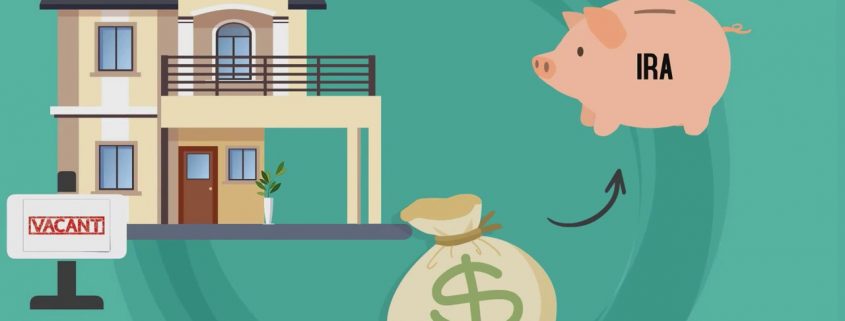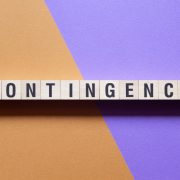The Self-Directed Real Estate IRA: What Investors Need to Know
“What? You own a house within an IRA? Isn’t that against the rules?” If you’ve ever invested in real estate within a Self-Directed IRA, you might be familiar with this refrain. And it’s true: if you own your house within a Self-Directed IRA—one you use personally—then that is against the rules. But it’s perfectly in line with the rules to keep real estate investment holdings within a Self-Directed IRA, and in fact may even be a good idea for your retirement portfolio.
The Self-Directed Real Estate IRA isn’t a type of IRA, but rather a phrase that refers to the act of investing in real estate with a Roth IRA, Traditional IRA, or other self-directed retirement account. And because real estate can be such a promising way to secure passive income in retirement, it’s an option that many people consider. But what don’t you know about Self-Directed Real Estate IRAs that you should before you start your journey? We’ve decided to collect some of the basic facts and relay them here.
How to Use a Self-Directed Real Estate IRA
Using real estate within a Self-Directed IRA first requires opening…what else? The Self-Directed IRA itself. This means working with an IRA through a custodian. A custodian serves as administrator on the account, making sure that the paperwork goes through properly. Meanwhile, it’s the owner of the account who makes the decisions to purchase and sell the assets in a portfolio, which gives you more freedom and control when using a Self-Directed IRA.
When you spot a real estate investment that you want to make, you then direct the custodian to put through the paperwork on behalf of the IRA to make the purchase. Once the purchase goes through, the real estate becomes part of your retirement portfolio. However, it’s also important to know that there are specific limitations to keep in mind.
Limitations with a Self-Directed Real Estate IRA: What to Avoid
If you were to buy a real estate investment property that you were to rent out to people you don’t know, that is generally, as a rule of thumb, a good idea in terms of keeping it active and valid within your retirement portfolio. However, if you have aims of owning a piece of property that you rent out to someone you are directly related to, such as a spouse or a child, then you’ll have to know about the rules prohibiting you from transacting with a “disqualified person.”
Your IRA has to include assets that are separate from your personal assets as an investor. For example, in a Gold IRA, you won’t be able to keep the metals you hold in a safe at home. Instead, you would work through an insured approved depository. This depository would secure the precious metals and keep them separate from your personal effects.
It’s much the same with real estate. If you were to buy a house as your personal property, and then rent it out to someone you are related to, such as a child or a significant business partner, then it is a legal transaction. However, doing so for the tax benefits present within a Self-Directed IRA then presents a problem. As long as you’re comfortable delineating between a Self-Directed IRA and your personal possessions, you should have a basic rule of thumb for how to proceed.
Self-Directed IRAs aren’t limited to real estate. They also include a wide variety of options, ranging from tax liens to private businesses. Interested in learning more about Self-Directed IRAs? Contact American IRA, LLC at 866-7500-IRA (472) for a free consultation. Download our free guides or visit us online at www.AmericanIRA.com.










